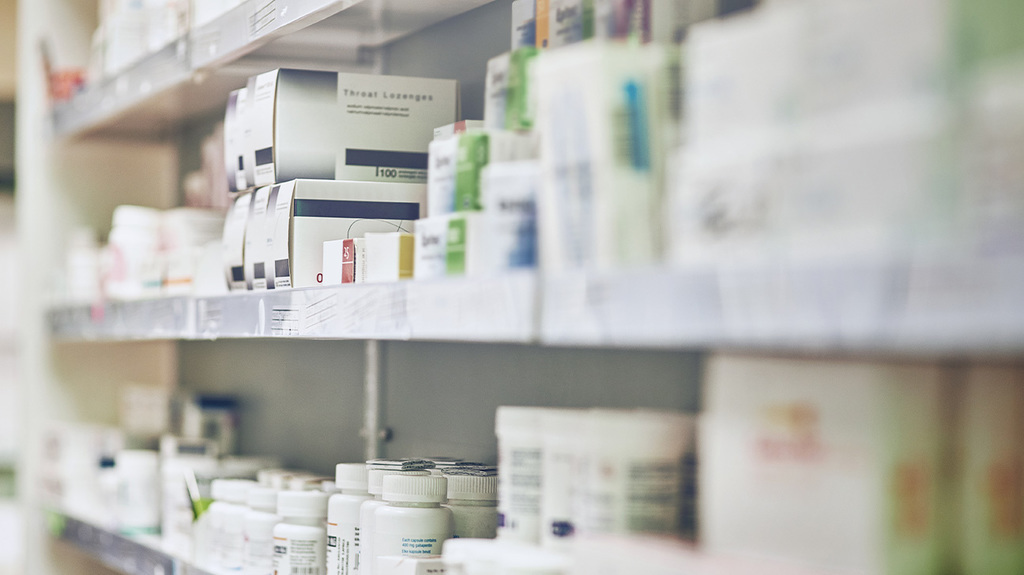
Common prescriptions leave lasting changes in your gut — and it’s not just antibiotics |
Doctors have long known that antibiotics disrupt gut bacteria. Now, researchers analyzing data from 2,509 Estonian adults have discovered that 6 other medication classes also alter the gut microbiome, with effects persisting for years after discontinuation.
The study found that benzodiazepines had the greatest negative impact. Within this drug class, the differences were striking: Alprazolam (Xanax) disrupted the microbiome far more broadly than diazepam (Valium).
The implications matter because microbiome disruption is linked to inflammatory bowel disease (IBD), obesity, Type 2 diabetes, cardiovascular disease, and autoimmune disorders. A healthy microbiome is a stable community with high diversity of microorganisms and high microbial gene richness that lives in balance with its human host.
“Even within the same class of drugs, individual medications can affect the microbiome in very different ways,” explained Dr. Elin Org, head of the Microbiome Research Group at University of Tartu in Estonia, who co-authored the study. “If two drugs work equally well, doctors may opt for the one that has a smaller impact on the gut microbiome.”
Of the 186 drugs analyzed in this study, 167 affected the microbiome in some way, with 78 showing long-term effects. The longer people took medications and the more medications they combined, the greater the disruption.
To see which medications affect the microbiome most, and what you can do to protect gut health while on prescription drugs, jump to “Antibiotics and 6 other medications linked to disrupted gut microbiome.”
Also making headlines this week:
| |

